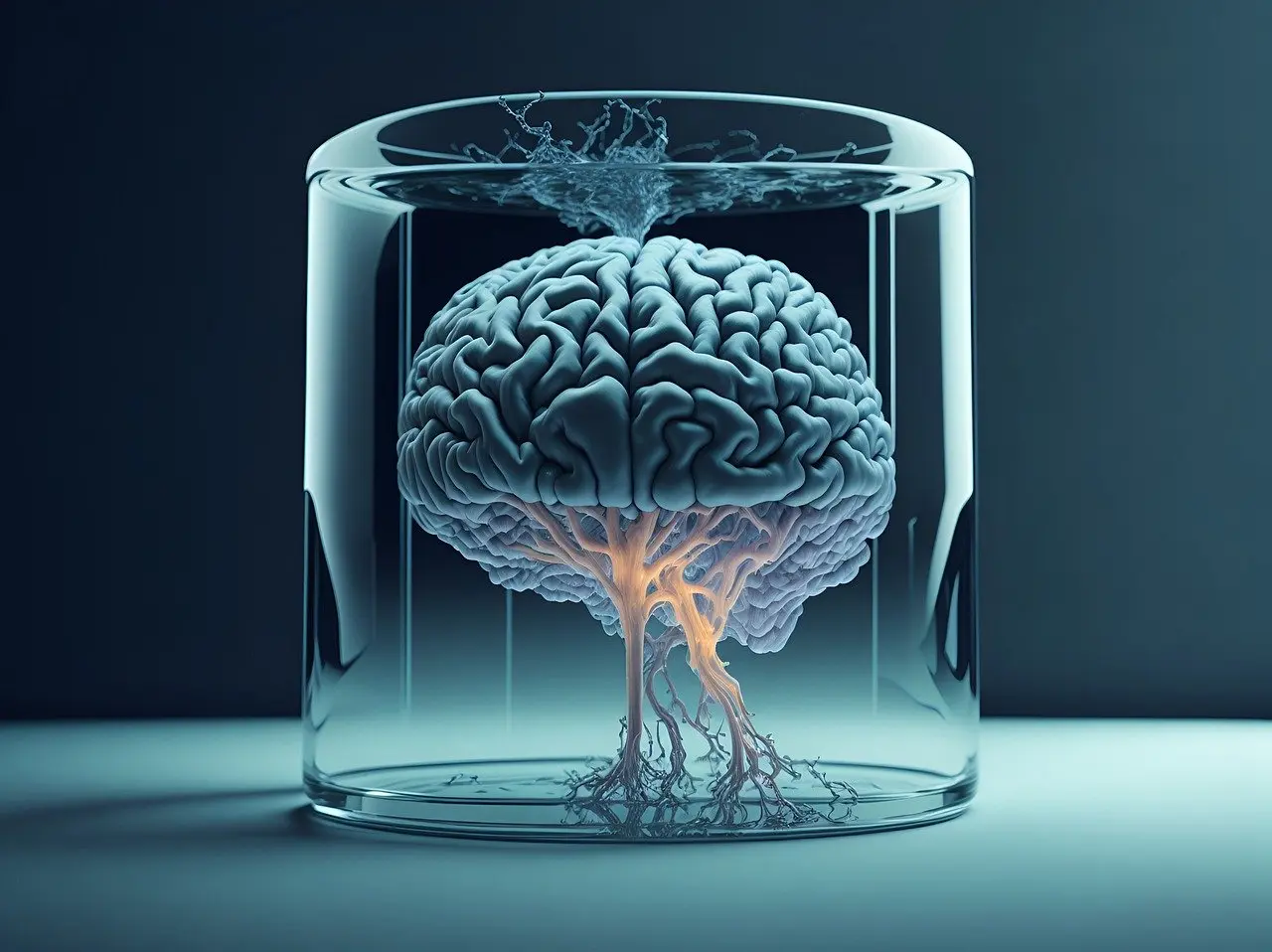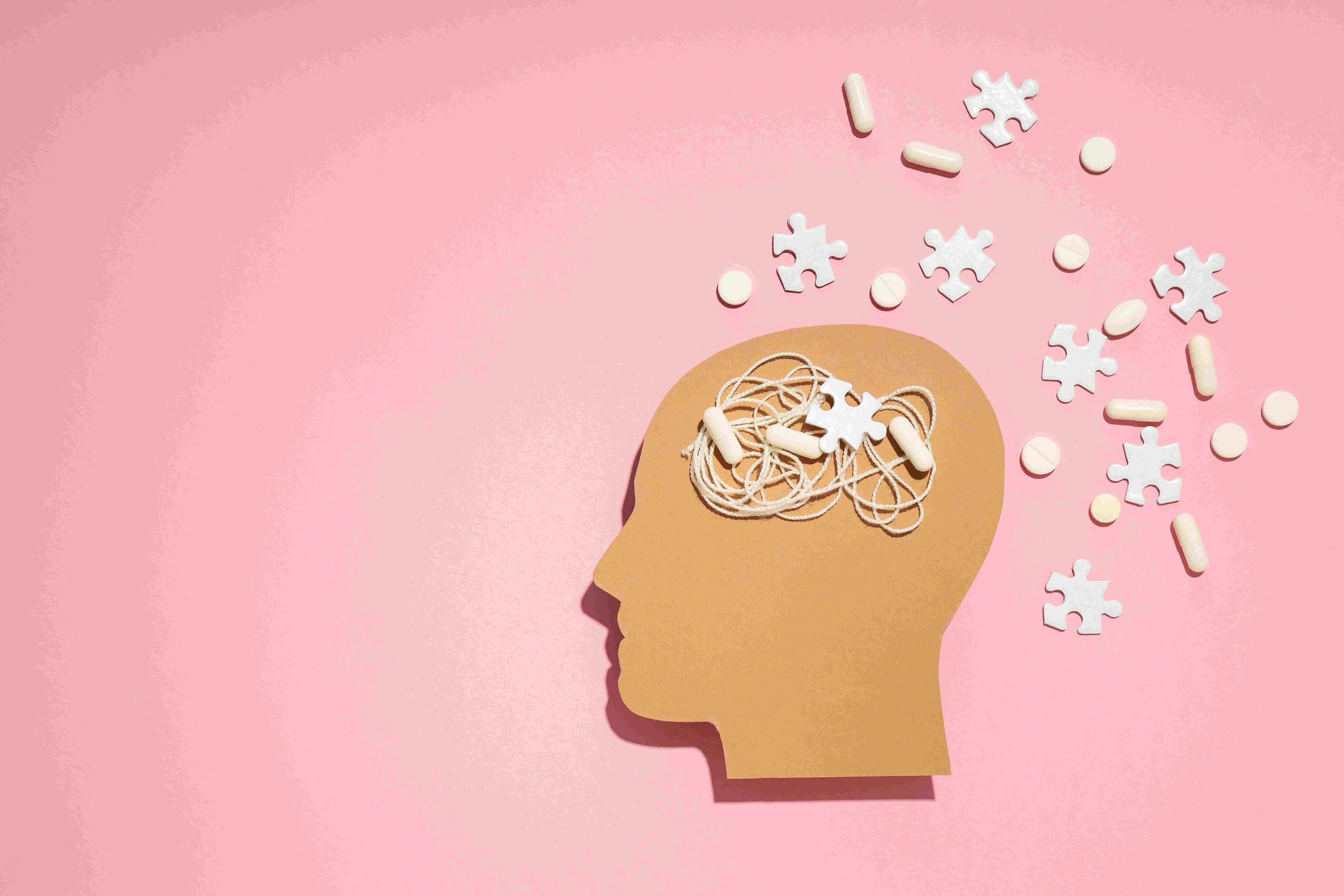"With the vagus nerve to inner balance! " "Relax at the push of a button! " "This is how you train your vagus nerve! " "The new way Stress to face! " "Activate the relaxation nerve! " Anyone scrolling through Instagram, Facebook, or TikTok can't avoid the vagus nerve right now.
The offerings range from activating Breathing exercises to humming or ice bathing to vagus meditation, and there are even devices to stimulate the nerve. According to health influencers, the vagus nerve is the patent solution to a major concern of our time: stress management.
What is the vagus nerve?
But also in the Science now makes the nerve talk again: for example in connection with the treatment of depression , pain , inflammation, obesity, and COVID 19. But what's behind all the healing messages and what is the state of research? Here are some basic facts: The vagus nerve is the tenth of twelve cranial nerves and is actually something special.
"The vagus nerve is the main connection between the organ systems and the brain."
It does not only run in the head but also on both sides of the body – from the brainstem through the neck and chest towards the abdomen. Therefore, it is considered the longest nerve. Numerous branches and ramblings also extend from it, which earned it its name: vagus nerve, from the Latin word vagus for wandering.
Medically expressed: "The vagus nerve is the main connection between the organ systems and the brain – you can think of it as a kind of data highway," says Prof. Dr. Nils Kroemer, who researches at the University Hospitals of Bonn and Tübingen how and whether this super nerve can be influenced.
"About 80 percent of the information is transmitted from the body to the brain via the vagus nerve – a good 20 percent goes from the brain back to the body to control bodily functions based on the integration of signals that are processed in the brain."



















